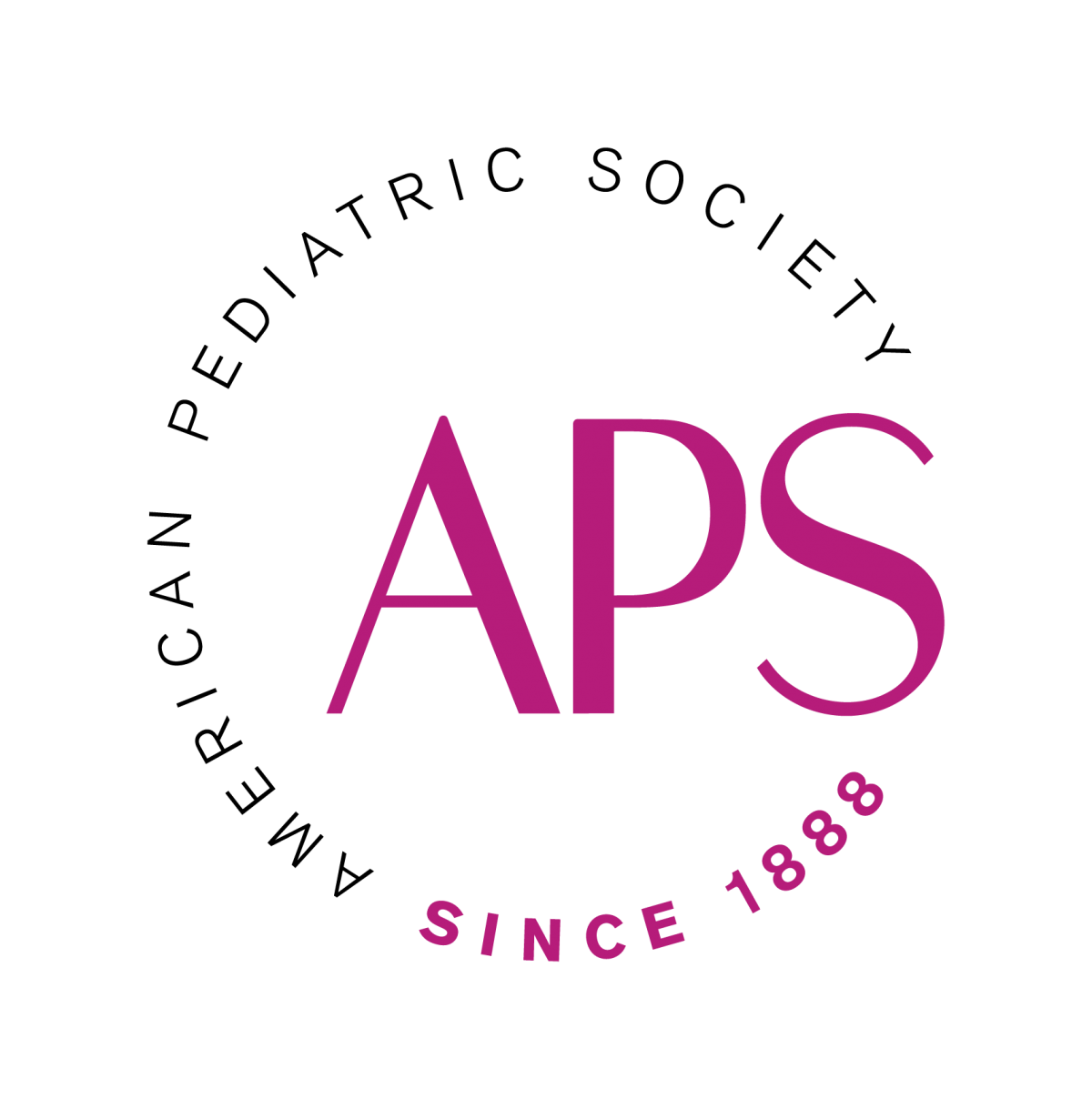 Society for Pediatric Research
Society for Pediatric Research
MISSION: Creating a network of multi-disciplinary researchers to improve child health.
VISION: Connecting, collaborating and catalyzing the conduct of pediatric research.
Connect: Facilitate active communications among and between researchers
Collaborate: Promote research collaborations through mentoring and knowledge sharing
Catalyze Research: Advocate for funding and policies supportive of research
APS/SPR Joint Council
Twice annually, the Councils of the APS and the SPR meet in joint session. These meetings serve both to inform each organization’s leadership of the mission-critical activities of the other and, especially, to administer and accomplish joint initiatives of the two groups. These joint initiatives include:
The annual PAS meeting: This meeting brings together organizations dedicated to pediatric research, mentoring, and training and serves as “home” to presentations from several generalist and specialist pediatric organizations;
The Pediatric Research Foundation: Founded by the late Dr. Ralph Feigin, the Pediatric Research Foundation is dedicated to building up an endowment fund that will be used ensure the future of the two organizations and their roles in education and advocacy for academic pediatrics;
Both organizations are also members of the Federation of Pediatric Organizations and the Pediatric Public Policy Council, and the Joint Council meetings provide an opportunity to discuss items and issues of mutual interest in this regard, as well.
 International Pediatric Research Foundation
International Pediatric Research Foundation
The International Pediatric Research Foundation Inc. is a non-profit organization created to ensure the fiscal management of the journal, Pediatric Research. The journal publishes original research papers, invited reviews, and commentaries on the etiologies of diseases of children and disorders of development, extending from molecular biology to epidemiology.
Pediatric Research is the official journal of the American Pediatric Society, the Society for Pediatric Research and the European Society for Paediatric Research. Access to Pediatric Research is free for members. Institutional and individual subscriptions are also available.
APS Representatives:

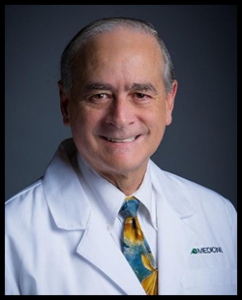
Gary Freed Waldemar “Wally” Carlo
American Board of Pediatrics (ABP)
MISSION: The American Board of Pediatrics (ABP) certifies general pediatricians and pediatric subspecialists based on standards of excellence that lead to high quality health care during infancy, childhood, adolescence, and the transition into adulthood. The ABP certification provides assurance to the public that a general pediatrician or pediatric subspecialist has successfully completed accredited training and fulfills the continuous evaluation requirements that encompass the six core competencies: patient care, medical knowledge, practice-based learning and improvement, interpersonal and communication skills, professionalism, and systems-based practice. The ABP’s quest for excellence is evidenced in its rigorous evaluation process and in new initiatives undertaken that not only continually improve the standards of its certification but also advance the science, education, study, and practice of pediatrics.
VISION: The “North Star” for the ABP is and will remain the improvement of health outcomes for children, adolescents, and young adults (hereafter, “children”).
APS Representative:

Terry Noah
Committee on Federal Government Affairs (COFGA)
The Committee on Federal Government Affairs (COFGA) provides strategic guidance to AAP’s Department of Federal Affairs on advocacy with the White House, Congress and federal agencies. COFGA also works closely with AAP councils, committees, sections, the Executive Committee and the Board of Directors to analyze federal issues and provide strategies for addressing them at the national level.
Aligned with the components of AAP’s Agenda for Children, issues currently being addressed include: health reform implementation, disaster preparedness, federal appropriations, tobacco regulation, and pediatric practice and workforce issues. COFGA also serves as faculty for advocacy trainings and events such as the Legislative Conference in Washington, DC, helping AAP members understand the federal legislative process, acquire skills and techniques to successfully impact Congress and effectively utilize the media for advocacy.
COFGA members contribute their federal policy expertise to benefit children, whether by testifying before the federal government on a child health legislative priority, writing an opinion piece to a local or national media outlet, or by providing a pediatric perspective to federal legislators and their staff on Capitol Hill.
APS Representatives:
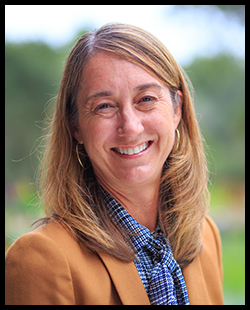
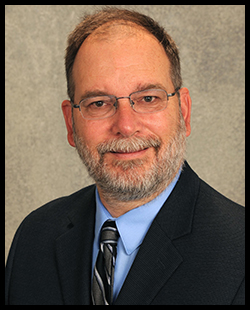
Lisa Chamberlain David Keller
Committee on Pediatric Education (COPE)
With the ongoing, long-range goal of advancing pediatric education, COPE functions as a think tank within the AAP for discussion, consensus building, and collaboration with respect to emerging issues facing pediatric graduate medical education (GME). These include, but are not limited to, research, curriculum development, faculty development, outcome measures, practice issues, and regulatory and legislative proposals as they relate to pediatric GME.
Representatives from a number of pediatric professional and educational organizations contribute to this process through appointed liaisons who report to COPE annually and contribute to activities throughout the year. The Committee reviews and monitors the field of pediatric education, identifying gaps or areas in need of enhancement, and develops strategies and recommendations as needed.
APS Representative:
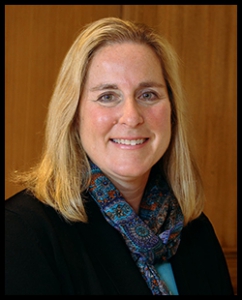
Maryellen Gusic
Committee on Pediatric Research (COPR)
The Committee on Pediatric Research (COPR) makes policy recommendations to the Board of Directors on various aspects of child health research such as identifying major research questions, promoting funding for pediatric research (7 Great Achievements), and monitoring the status and practice of including children in federally sponsored research studies. For information on including children in research, go to Children and Clinical Studies.
The COPR develops and collaborates with other committees on policy statements and maintains liaison relationships with many national pediatric associations and federal agencies that have a strong interest in promoting child health research. The COPR also reviews applications for the AAP Resident Research Grant.
APS Representative:
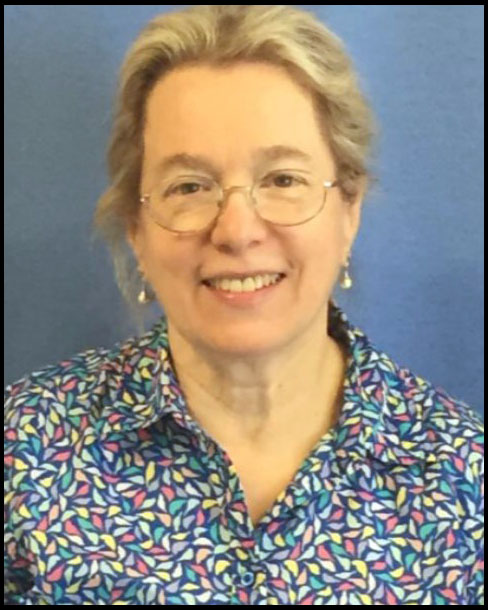
Jennifer Read
Federation of Pediatric Organizations (FOPO)
The purpose of the Federation of Pediatric Organizations (FOPO) is to promote optimal health for children by building on the efforts and expertise of the member organizations, and on the relationships between the member organizations to accomplish shared goals. Member organizations: SPR, APS, AAP, APA, AMSPDC, ABP, APPD
APS Representatives:
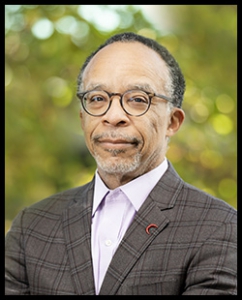
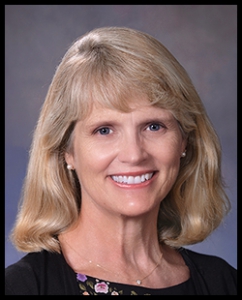
Michael DeBaun Catherine Gordon
Pediatric Scientist Development Program (PSDP)
Training the Next Generation of Pediatric Scientists
The Pediatric Scientist Development Program (PSDP) provides intensive training in research relevant to specialty areas of pediatrics. The goal is to prepare entry-level faculty for research careers in academic pediatrics. Physicians presently in pediatric training programs who wish to train in basic, translational, or clinical research with an established investigator/mentor are encouraged to apply, as are candidates who seek training in epidemiology/statistics, informatics, health services, or health policy. A commitment to an investigative academic career is essential.
The PSDP is sponsored by The Association of Medical School Pediatric Department Chairs (AMSPDC). In a unique collaborative arrangement, the program is funded by grants from the Eunice Kennedy Shriver National Institute of Child Health and Human Development (NICHD) and numerous private agencies and foundations, including the American Academy of Pediatrics, the American Pediatric Society, the Sick Kids Foundation (based in Toronto), the Paediatric Chairs of Canada and the March of Dimes.
The Steering Committee is composed of pediatric department chairs, the President of the Association of Medical School Pediatric Department Chairs (AMSPDC), representatives from the funding agencies, pediatric scientists, and the NICHD program officer.
APS Representative:
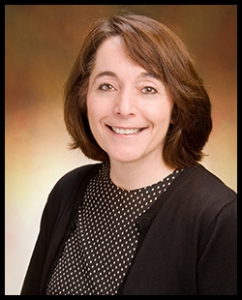
Susan Furth
